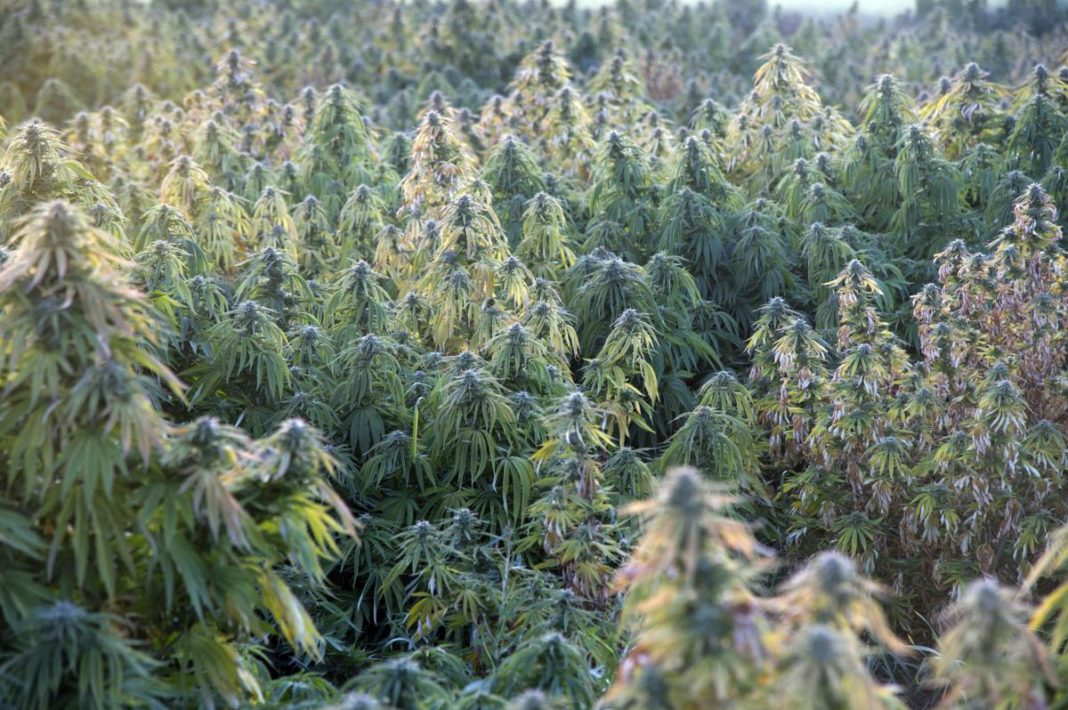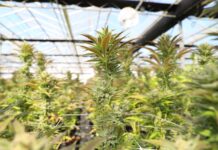Colombia’s climate and farming industry are perfect to dominate the global cannabis market. With its equatorial sun and tropical rain, Colombia has soil conditions and climate ideal for growing cannabis.
Colombia legalized cannabis for recreational use six years ago, decriminalizing possession of up to 22 grams of dry flower and personal cultivation of up to 20 plants.
In December 2015, Colombian President Juan Manuel Santos signed a decree legalizing medical cannabis, approving the commercial cultivation, processing, and export of medical cannabis products such as oils and creams, though not the flower.
Cannabis advocates celebrated claiming that as many as 400,000 Colombians suffering from medical conditions could benefit from the change. Industry sources put the country’s potential market at three to six million patients. Since then, government ministries have worked together to create a set of laws that allow businesses to research, cultivate, and extract products from medical cannabis.
Columbia is one of the few countries that allow businesses to ship cannabis abroad. In addition to having a comprehensive regulatory regime, it also has experienced agricultural workers as well as soil conditions, sunlight and rainfall that are ideal for growing cannabis.
Rising Companies
Last year, about half a dozen companies formed the Colombian Association of Cannabis Industries. Torres’ company, Khiron Life Sciences Corp., and two others in the organization are headquartered in Canada, which is the leading source of venture capital in the cannabis industry. “Canada is the best place to be based, to generate interest among investors,” Torres explains. “Canada also has a good reputation internationally.” Torres’ company has headquarters in Canada, which is the leading source of venture capital in the cannabis industry.
Khiron is now building a facility in Colombia, set to be completed and ready for cultivation in October, and plans to provide high-grade medical cannabis extracts. Torres also wants the company to help educate doctors about the therapeutic uses of cannabis—the company is co-hosting a medical cannabis symposium in Bogota in mid-February—and to open a string of pain clinics in Colombia.
STARTING AND CANNABIS OR HEMP BUSINESS?
Komorn Law – You will need an attorney – Call 248-357-2550 to schedule an appointment.
The Stigma Remains
Times have changed, however. The illegal drug trade has been in a state of decline thanks in part to the government’s 2016 peace deal with FARC, a communist guerrilla group that used drug proceeds to finance its civil war. Medellin used to be one of the world’s most dangerous cities, Torres notes, and now it is considered one of the world’s top developing cities.
But the stigma remains. “Because of the stigma, we have to do a lot of educating. We have to make foreign bankers and investors realize that Colombia has changed,” explains Torres, “We’ve assembled a solid team that meets with these people directly and makes a great impression. Our team members are highly educated and this helps dispel the myth. It breaks down barriers,” he says, adding that Matt Murphy, the former head of pharmaceutical investigations for the US Drug Enforcement Administration, recently joined Khiron’s advisory board.
Torres is confident cannabis companies with operations in Colombia will be able to produce high-quality cannabis at a very low price thanks to low operational costs. (Labor is inexpensive and plants are grown in open-air greenhouses under a 12-hour sun cycle with readily accessible natural water.) This bodes well for international sales.
Khiron is looking at the Colombian market first because it is the most regulated, but he’s planning to export extracts to a handful of Latin American countries where cannabis has already been legalized for medical use and, down the road, to build production facilities there. “Our goal is to be a Latin American powerhouse. We plan to have operations stretching from Mexico to Chile.”
Torres thinks it’s high time that Colombia sell products to consumers directly rather than sell cheap raw materials to be refined elsewhere. “We are great at selling coffee for a dollar a pound but not good at selling coffee at five dollars a cup,” he says. “Perhaps it’s time for producers in Colombia to sell to consumers directly.”























